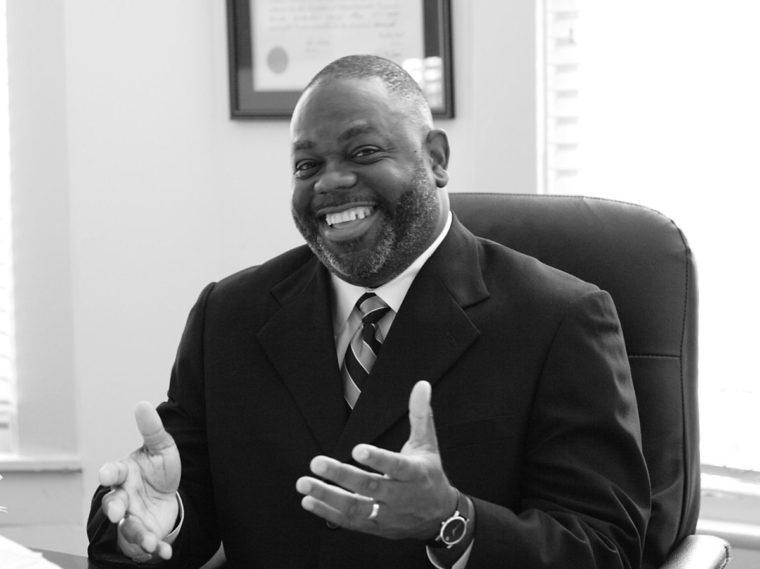Women, historically, can’t seem to get a fair shake.
For centuries, women in the west have been subjected to a sinner/saint duality. That is, any woman who fails to live up to an idealized construction of womanhood must automatically be relegated to the lowest depths of depravity – there is no middle ground, no subtly to society’s judgement of femininity.
As one author puts in examining this trend in Victorian literature, “When a woman deviated from the Victorian construction of the ideal woman, she was stigmatized and labelled. The fallen woman was viewed as a moral menace, a contagion.”
A contagion. For a woman, that’s how serious any momentary personal failing – or perceived failing – might be.
In modern times, this duality has haunted women seeking positions of leadership and power. Female leaders must be confident but not assertive; nurturing but not emotional, dedicated mothers and dedicated employees. In short, women must fulfill masculine ideals of leadership without losing an ounce of idealized femininity.
This is not challenging: it is downright impossible.
Victoria Woodhull was the first woman in the U.S. to run for president. She ran in 1872, a good 50 years before U.S. women won the right to vote. Woodhull, who was married twice and held the radical notion that women ought to have the right to marry and divorce as they choose, was widely accused of being a prostitute.
No doubt, this was simply a term for a woman who spoke her mind.
Ultimately, Woodhull spent election night in jail, arrested with her husband and sister for “publishing an obscene newspaper.”
“Obscene” in this case meant highlighting the “sexual double-standard between men and women.”
That is the history that has led us here. To the second president run of the most viable female candidate our nation has ever seen.
(I would, of course, be remiss here if I didn’t mention the dozens of other impressive women who have run for this office.)
And make no mistake, Hillary Clinton has suffered from the same old-fashioned double standards which have plagued women for generations. But solidarity on that issue is not enough to determine a vote.
When Clinton entered the 2008 race her campaign miscalculated a core fact about her base. Women, she expected, would be with her. Women of all ages.
This was not true.
As Abraham Unger, Assistant Professor of Government & Politics at Wagner College, wrote of the 2008 primaries, “Senior women, who came of age during the pioneering period of the feminist movement, did vote for Clinton, while younger women were drawn to Obama. Women in the middle were split between the two.”
With Barack Obama running a historic campaign of his own, it became impossible to disambiguate the effects of race, gender, age, and class in determining a person’s political affiliation. A vote for someone other than Clinton wasn’t a vote against womanhood; it was a vote for something more.
Women, it seemed, would have to wait.
When Clinton launched her current bid for the White House, I wondered what tactics she would take to close the age gap. Surely, she had learned that young women weren’t unquestionably in her court.
And yet here we are – watching the surprising rise of an old, white man – matching Clinton beat for beat; capturing the hearts, minds, and votes of younger voters.
Again, we see young people – men and women alike – drawn to the upstart, outsider candidate. The one who encourages us towards hope; towards radical change of a broken system.
Clinton supporters are not impressed.
I’ve been floored by some recent comments. Gloria Steinem said that young women supported Sanders because they were thinking “Where are the boys?” Meanwhile, Madeline Albright warns that “there’s a special place in hell for women who don’t help each other.”
Is this the feminism we are supposed to be defending?
To be clear, we’d do well to be mindful of the subtle impact of sexism. Anyone who doesn’t support Clinton should do some careful thinking about their reasons and motivation, watching out for the impulsive and flippant urge to deride her voice, pantsuits, or (lack of) emotions.
At least we can take comfort in the scrutiny of Marco Rubio’s boots.
But let’s never use gender as litmus test – one way or the other.
The truth, I suppose, is that feminism is changing.
I can’t truly appreciate the feminism of women who are older than me. Women who were mistreated or outright fired explicitly because of their gender; much less the feminism of women who were pushed into loveless marriages, who were forced upon by their husbands and who had no voice or recourse in the matter.
We should not forget the fight of Victoria Woodhull, nor of countless other women who have pushed relentlessly towards gender parity. There has been much to fight for, and the fight still goes on.
But right now, right here in this moment, thankful for all the women who have come before me – I am not looking for boys nor concerned about hell. I am simply looking for the candidate who most closely speaks to my diverse political concerns.
In this race, for me, it happens that person is man. But how lucky for me – I have a vote in the matter.
And no one can take that away.











